The versatile strategies, endless replay value, and exciting combinations of card effects that come with tableau-building board games always make for a exciting game night. There are tons of fantastic tabletop titles out there that utilize this mechanic, but they’re often vastly different in terms of difficulty, theme, and play style. While any list of the best tableau builders will of course be highly subjective as a result of these variances, we’re going to highlight some of the ones that we think are the most mechanically satisfying and strategically engaging.
What is a tableau building board game?
In board games with a tableau building system, players work to assemble a collection of cards or other similar developments to build up victory points. Each card or tile the player adds to their tableau has a distinct ability that typically activates when it’s played or when it’s triggered by other effects. Sometimes there’s a benefit to collecting sets of cards; in other cases, there might be rewards for placing the tableau components in a specific order.
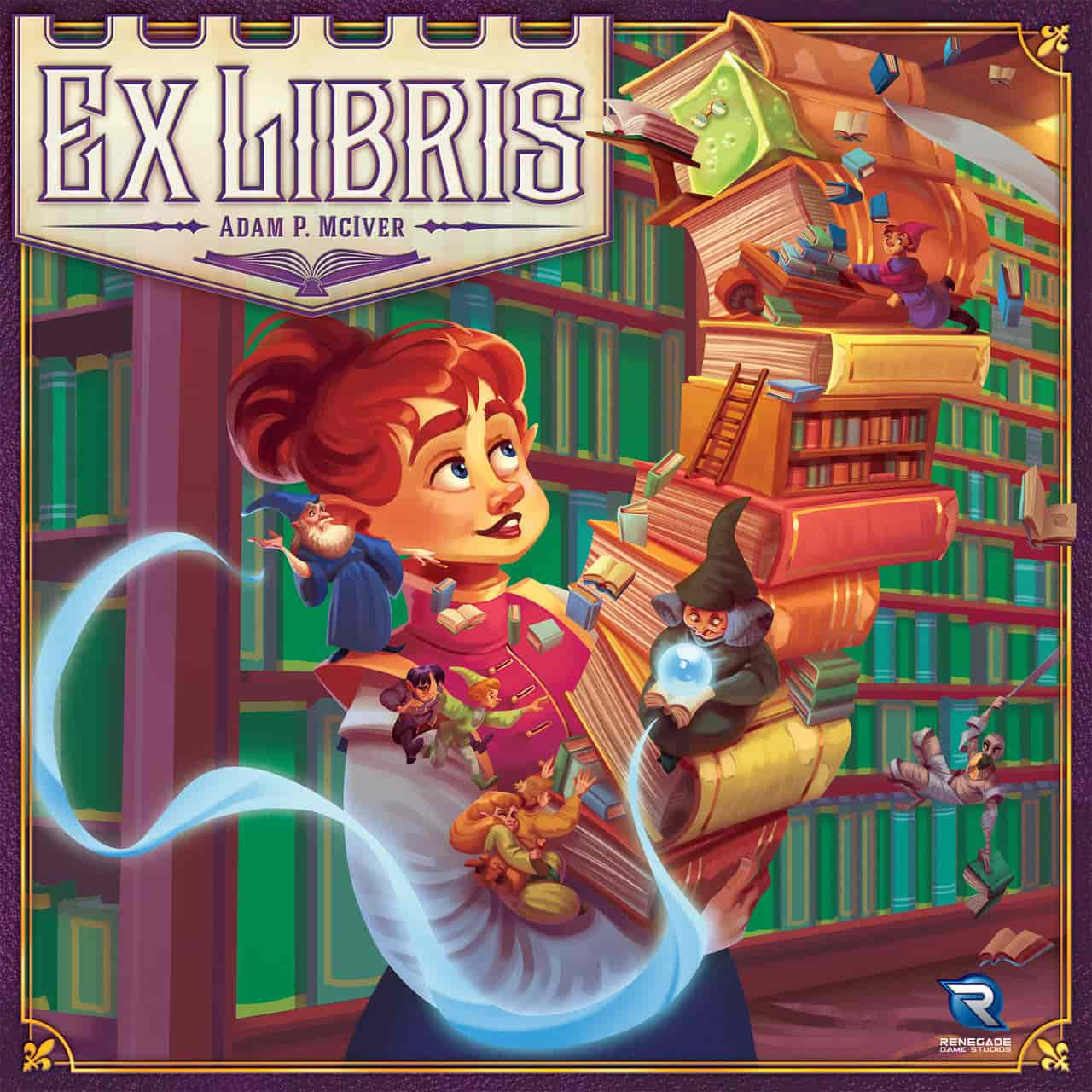
In Ex Libris, you and your opponents are book-collecting enthusiasts who are all competing for the best job at your village’s local library. To win this prestigious position, you’ll need to seek out the best novels and histories and then shelve them as neatly as possible. When the game ends, you’ll get points for having your titles in alphabetic order, for the stackability of your reading selection, and for the variety of material that you have on hand. The theme is goofy yet immensely enjoyable, and the worker placement system that comes with your assistants works great.
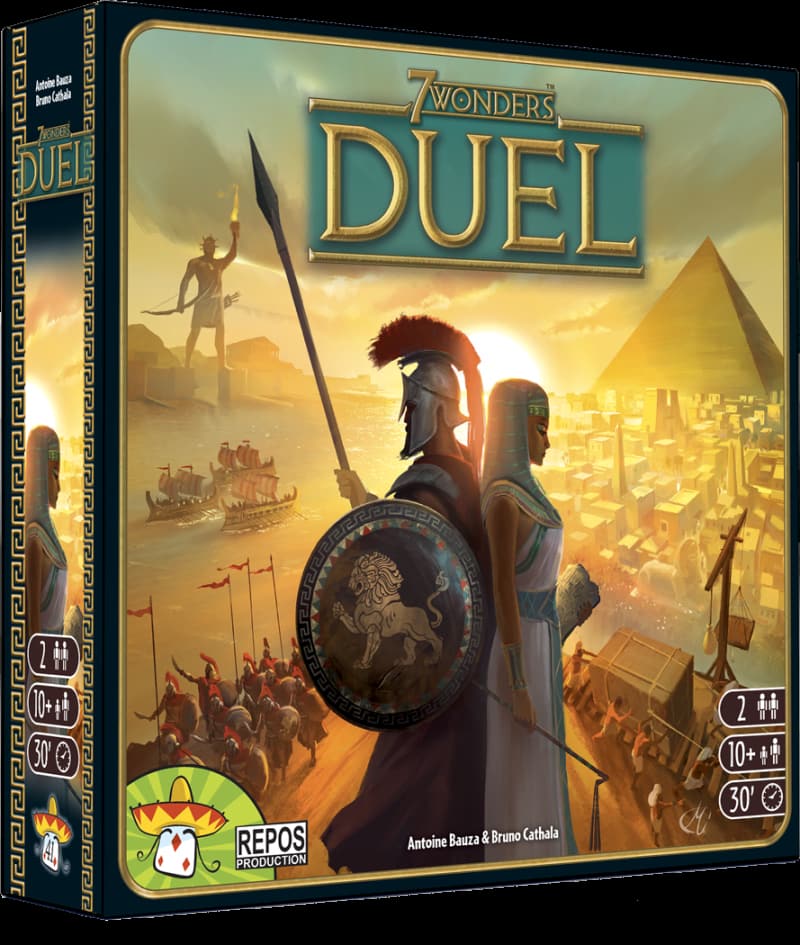
The goal of 7 Wonders: Duel is simple: lead your civilization to historic greatness. However, there are so many different ways you can complete this objective, and your options might greatly depend on the other players. You’ll need to start by mining or farming for resources and drafting the cards you need most. From there, you can proceed by fighting wars, building universities, and researching new scientific advancements. By the end of the game, you’ll be constructing grand monuments in your name to get even more victory points.
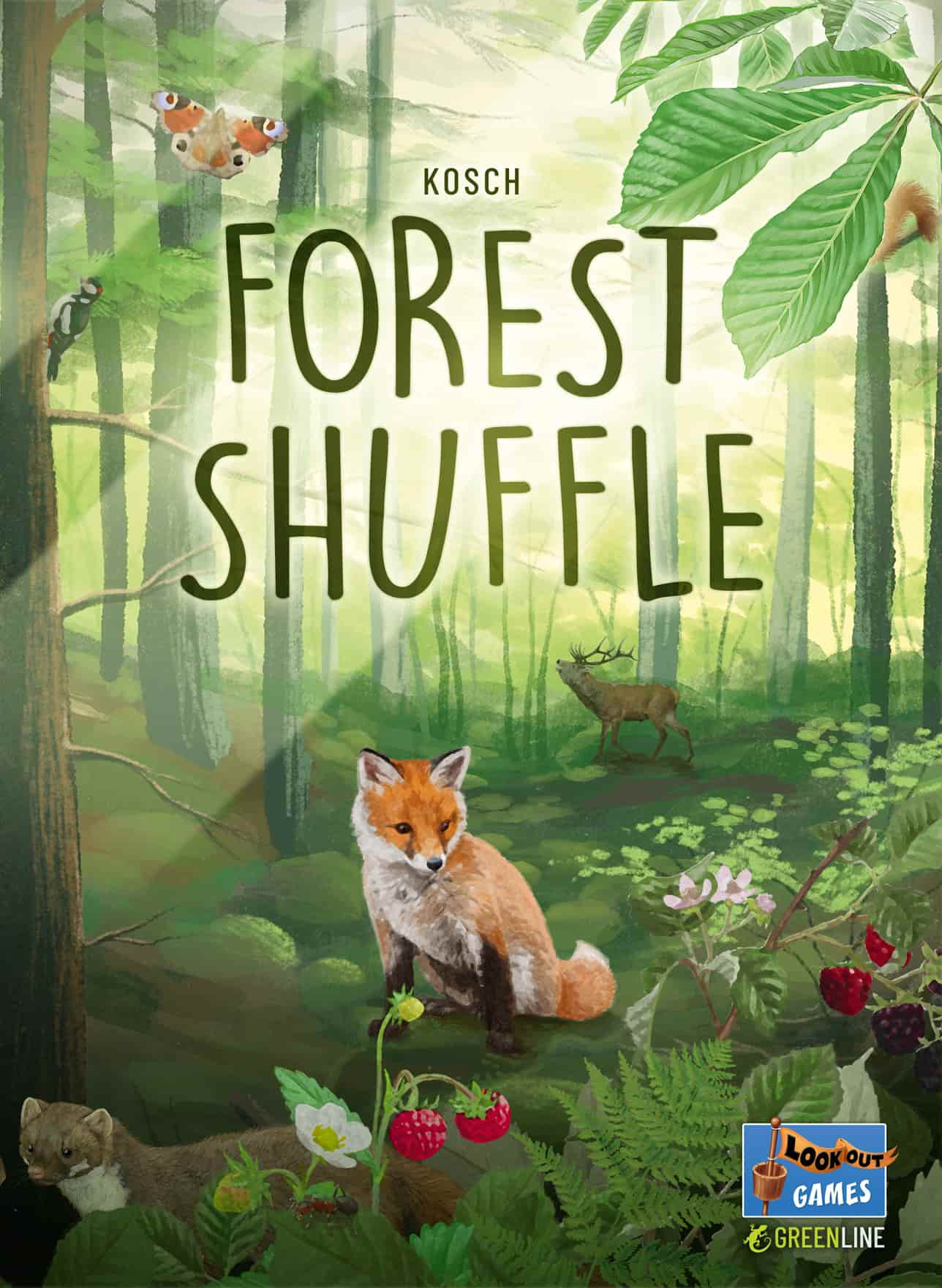
Forest Shuffle is a cozy card game that tasks players with assembling a thriving ecosystem using different combinations of plants and animals. To begin with, you’ll need to plant some trees since they allow you to attach all of the game’s other cards to either their bottom, sides, or top. Mushrooms and ferns, for example, fit on the bottom of your trees, while birds and butterflies are played on top instead. One of the game’s strongest attributes is its divided cards, which make up most of the deck and give you a ton of options to choose from when it’s your turn.
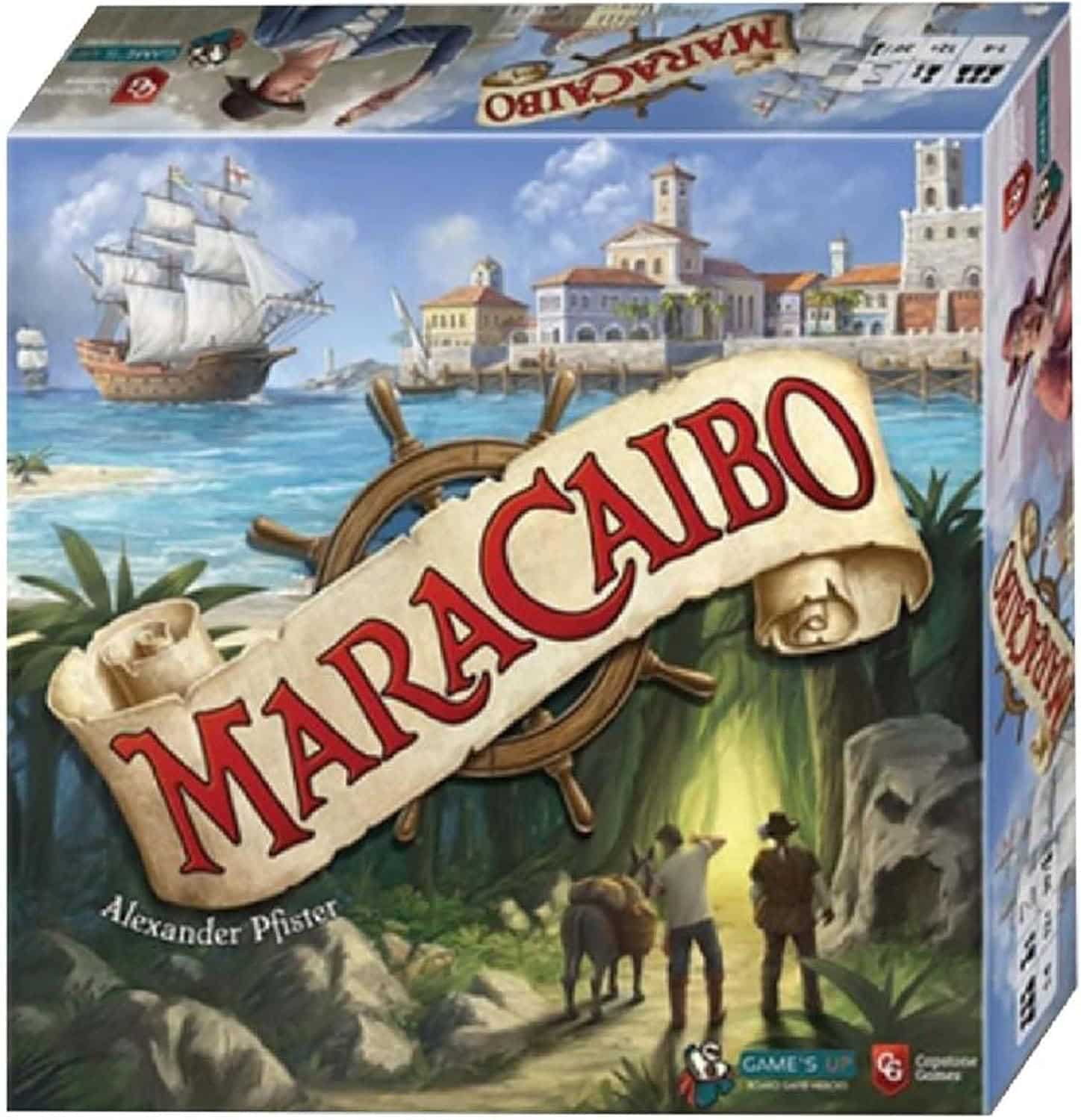
In Maracaibo, players take on the role of sailors journeying through the Caribbean during the Golden Age of Piracy. There are two central aspects of the game’s mechanics. The first is its tableau-building system, in which you’ll need to decide whether you’re going to play a card for an ongoing effect or discard it for resources. The second key mechanic here is the game’s rondel map, which turns exploring the island nations into an exciting race. There are also opportunities for completing quests, fighting naval battles, and upgrading your ship.
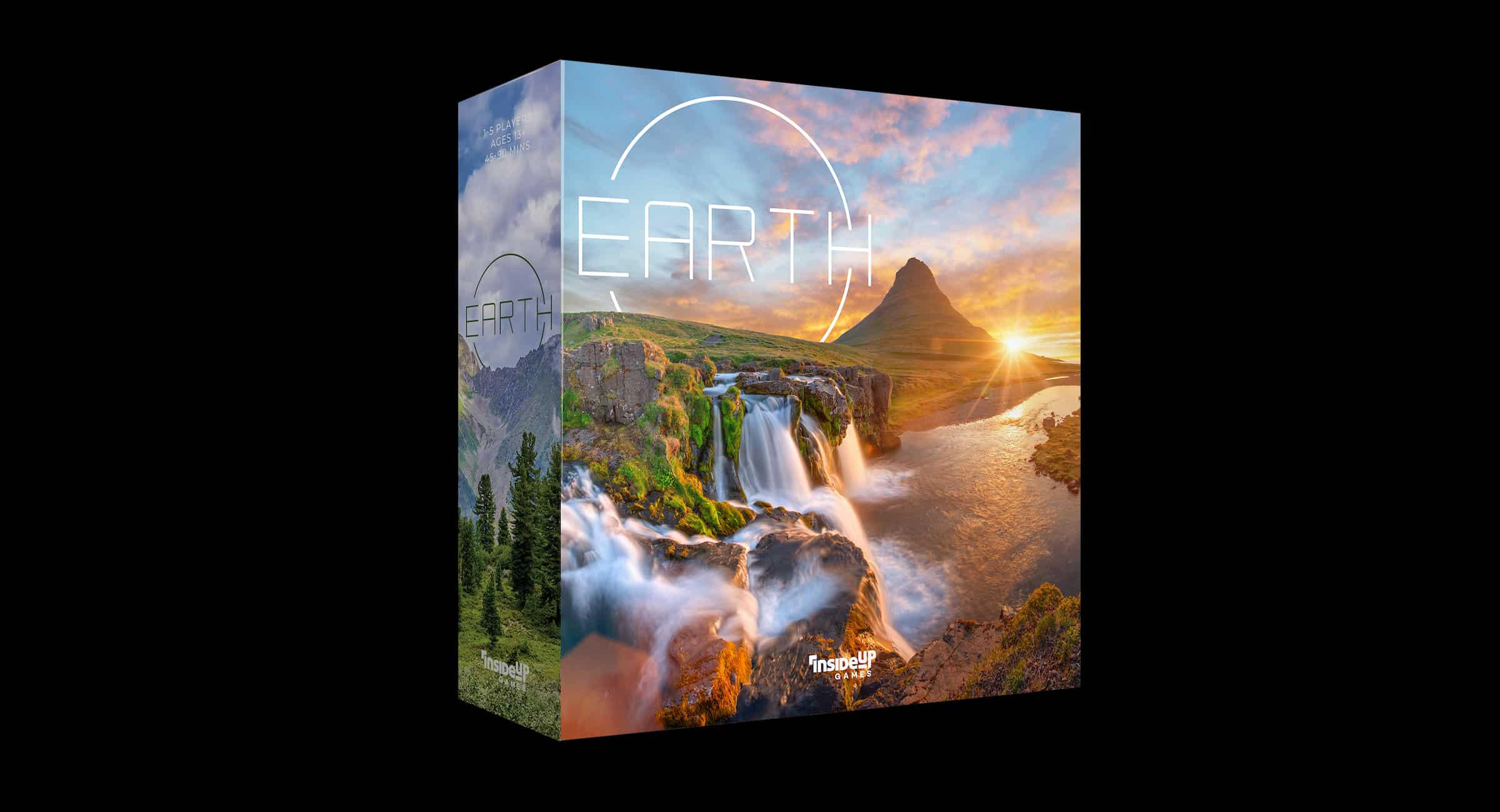
Earth is a board game that perfectly reflects the incredible environmental diversity of our planet. There are numerous biomes, terrains, and plants to manage, and every card comes with unique benefits and drawbacks. Your tableau can consist of up to sixteen cards, but you can also build canopies on them to further extend their scoring value. If you love mid-weight strategy games, then this tabletop title could be a perfect addition to your collection.
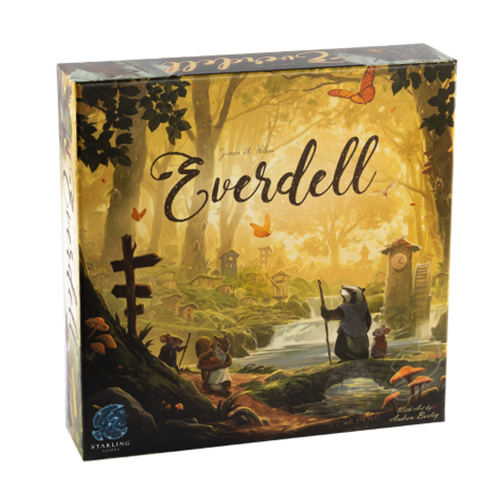
In Everdell, your goal is to build a thriving town full of adorable animals. To accomplish this, you’ll need to send your workers out into the trees to pick up branches, pebbles, and berries, which together serve as the game’s resources. You can then spend money from your reserves to construct buildings or hire additional inhabitants. As the seasons change, you can also complete journeys or card pairing objectives for additional points. To make Everdell an even better tableau-building experience, I’d recommend getting the game’s Spirecrest expansion.
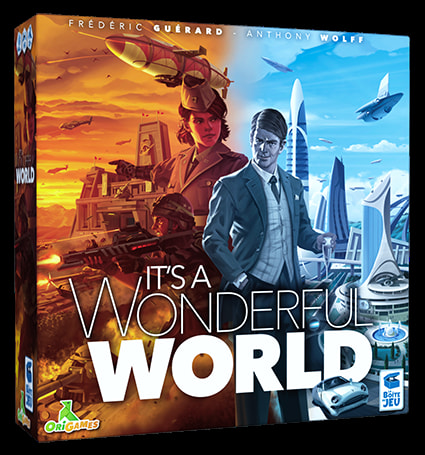
If you enjoy tableau builders but want to try something that’s a bit shorter than most of the other board games on this list, then you’ll love It’s a Wonderful World. In less than an hour, you’ll build up a powerful engine to outscore your opponents and conquer a futuristic dystopia. There’s a straightforward yet thought-provoking drafting system, and when you don’t need a card, you can simply recycle it for more resources. As a result, there’s never a dead card in your hand. When it comes to putting cards on the table, placement order also matters, so you’ll have to think at least a few steps ahead at all times.
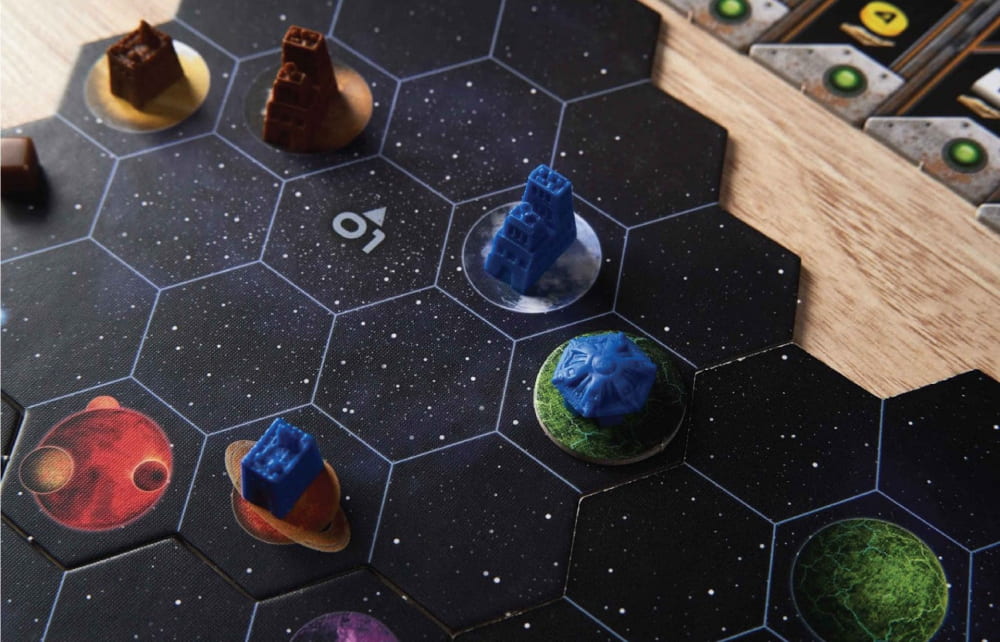
Gaia Project is great board game for players who love in-depth strategy, complex mechanics, and satisfying interstellar exploration. It’s a spiritual successor of the popular tabletop title Terra Mystica but features a more variable setup in terms of its map tiles. You’ll have a home planet and associated tableau-like player board when the game begins, and to claim victory, you’ll need to expand your influence as far as possible. You can do this by terraforming neighboring systems, investing in artificial intelligence and technology, and navigating to new star systems. From there, you can eventually find a federation of worlds.
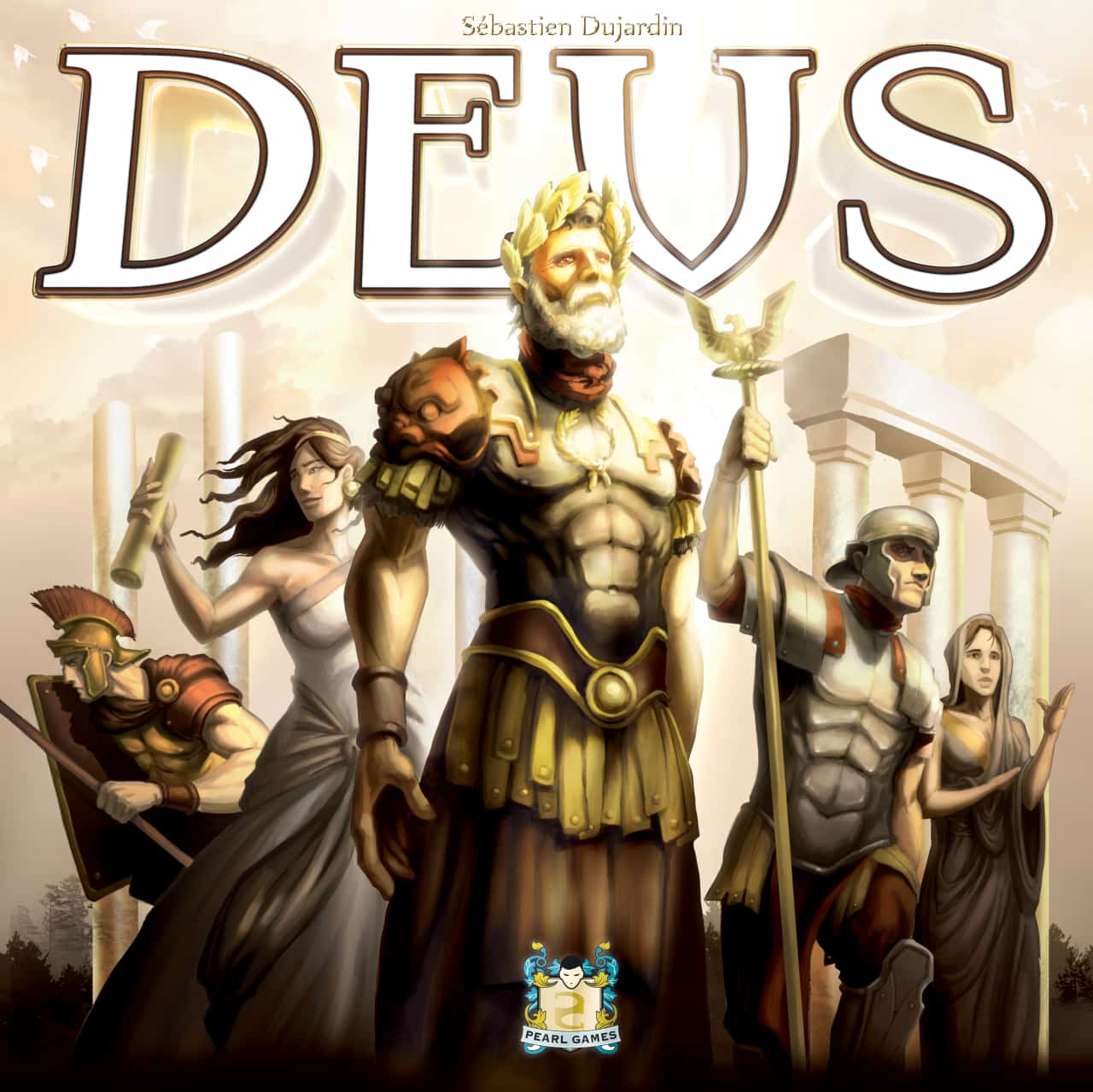
Deus is a fantastic tableau-building board game because it isn’t just about playing cards- it’s also about putting your buildings in smart positions around the board’s randomized landscapes. This encourages more direct interaction between players and keeps things fiercely competitive. There are six different color-coded categories for your developments, and each category has a different primary benefit for either your resource or point generation engines. Green cards, for example, are all about production, whereas orange cards mostly have victory point bonuses instead.
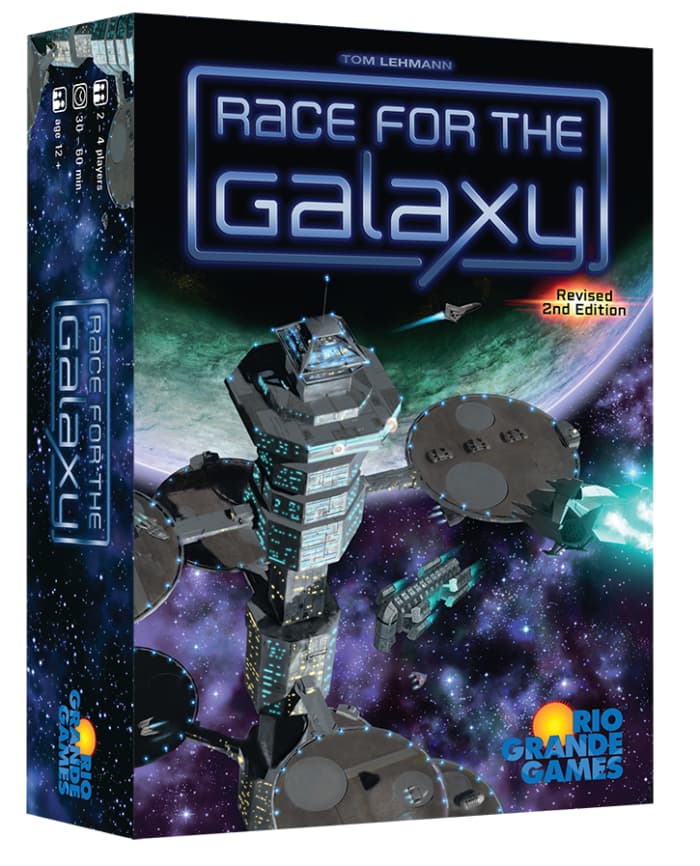
In Race for the Galaxy, you and your fellow players are competing in an exciting competition for intergalactic dominance. You can build settlements on new worlds, explore uncharted star systems, and play develop cards to score points. The main hallmark of the game is its action-taking system. When a round begins, each player selects one action phase to take place in that round. There are seven possible options, but only five of them will actually occur (or less, depending on the number of players). This mechanic adds incredible depth to the game and encourages you to pay close attention to what your opponents are working on.

Transform the surface of the Red Planet in Terraforming Mars by planting greeneries, building cities, and mining for resources. Initiate investment projects on cards with Earth tags, construct moon bases and colonies with the aid of space tag cards, and harness asteroids to your advantage. As the rounds progress, you’ll have an increasing number of actions available to you based on your resource production levels, which you will continually raise by playing cards. When you get this board game, I’d highly recommend picking up its Prelude expansion alongside it since it speeds past some of the earlier rounds and cuts right to the engine-building action.
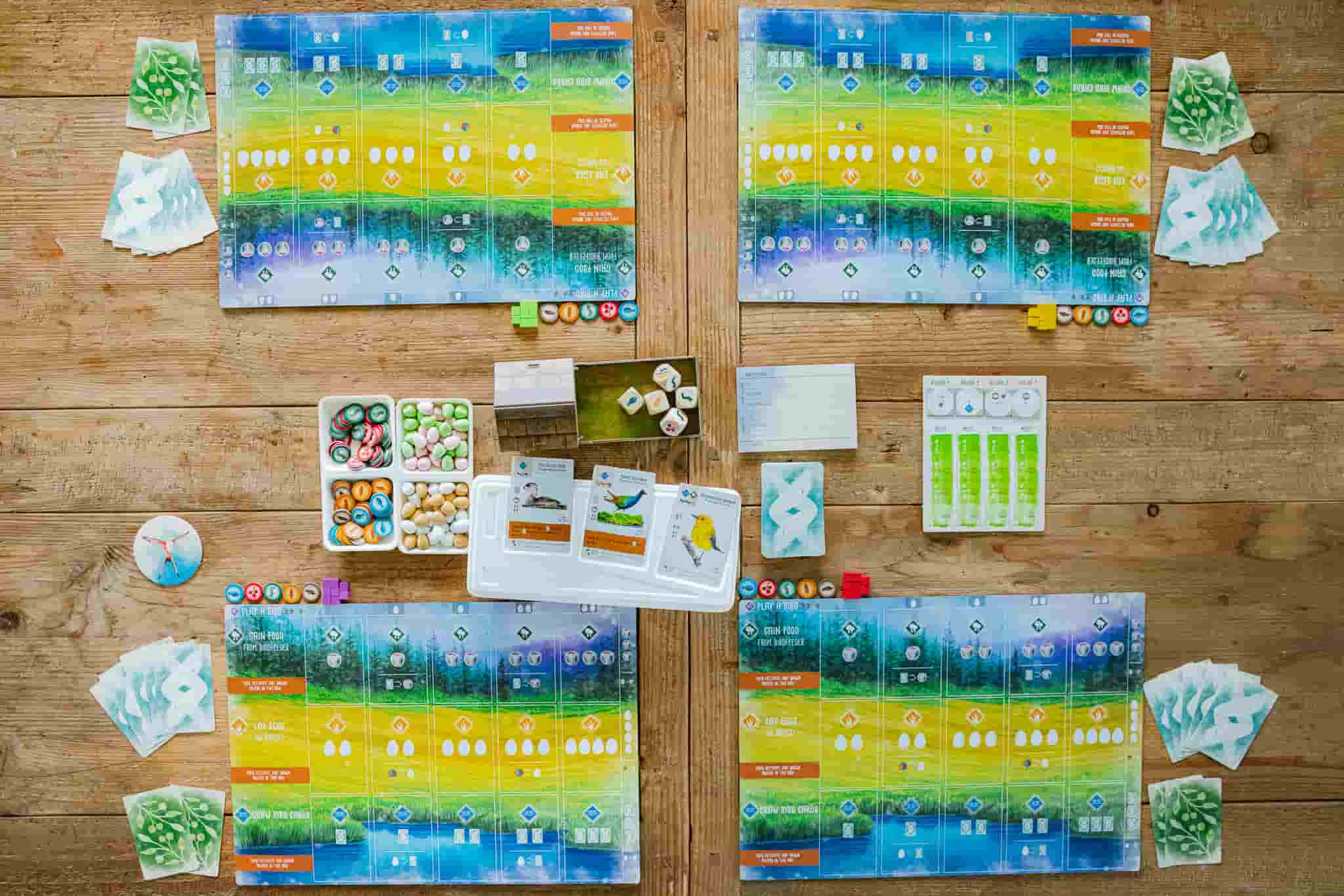
The immensely popular tableau builder Wingspan has many exciting features that together make the game constantly enjoyable and endlessly replayable. The deck of birds with which you can populate your forest, grasslands, and marshes doesn’t have any repeats whatsoever. This means you’ll never see the same combination of card powers twice. The end-of-round objective board is also completely randomized, and the bonus scoring cards add even more depth. Triggering a full row of “when activated” abilities is an immensely satisfying tableau-building experience that takes this game right to the top of our list. It’s easy to learn but tough to master, and that makes it a great gateway for getting your friends into board gaming.





